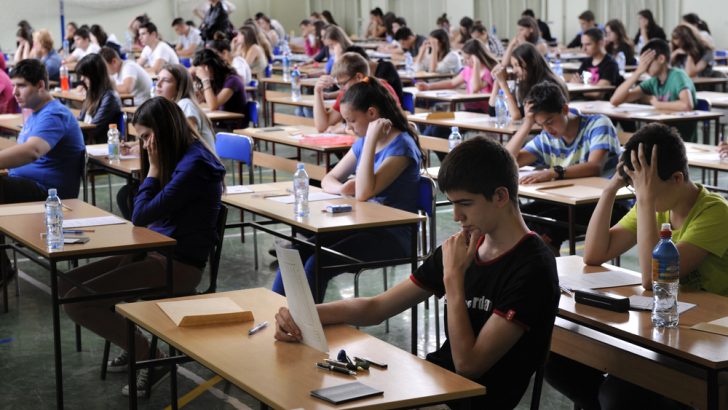Ireland’s Catholic universities have insisted that students will not suffer as a result of traditional examinations going virtual due to coronavirus.
Prof. Peter Finn, Principal of St Mary’s University College in Belfast told The Irish Catholic that “there will be time-bound tests in disciplines such as mathematics completed at home by students, whilst in other disciplines there will be submission of coursework”.
Similarly, Mary Immaculate College in Limerick has made arrangements for all modules to be examined by “online assignment and take home examinations”, according to Prof. Eamonn Conway, Head of Theology and Religious Studies.
Feedback
Meanwhile, St Patrick’s College, Maynooth has also moved modules and assessments online. “The roll-out is influenced by the subject matter and the lecturer,” explains Fr Michael Shortall, Registrar and Director of Examinations. “Understandably, students at first found the move quite unsettling. But feedback is telling us that they are resilient and adapting well.
“We continue to try and support those who may be struggling due to circumstances, large families and so on,” he said.
One such circumstance is the issue of poor internet connections and access to reliable broadband, which may hinder some students’ ability to complete assessments on time.
“There is obviously a risk with students undertaking time-bound tests on-line despite the existence of a robust e-communications system,” according to Prof. Finn.
“However, the number of students involved will be relatively small and there has been a good level of consultation on the matter…there are contingency plans in place should IT related difficulties arise.”
Assessment
At Maynooth, Fr Shortall said a contingency has also been made for students who encounter technical difficulties. “Each lecturer has been asked to build in a contingency into the final assessment, for the case of a student is struggling with reliable internet connection,” he said.
“For example, alternative scheduled times for oral online exams or longer time periods for time-bound tests. In the vast majority of cases, the final assessment will be the collation of continuous assessment across the semester; such a method mitigates the concern. However, we are always conscious that there may be particularly difficult cases and so will respond to each student on a case by case basis,” he said.


